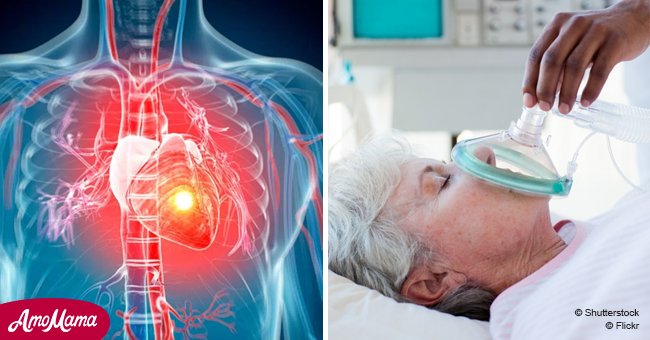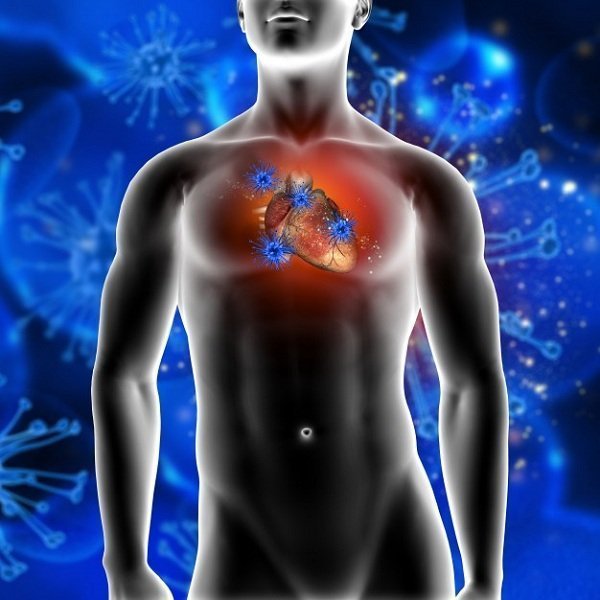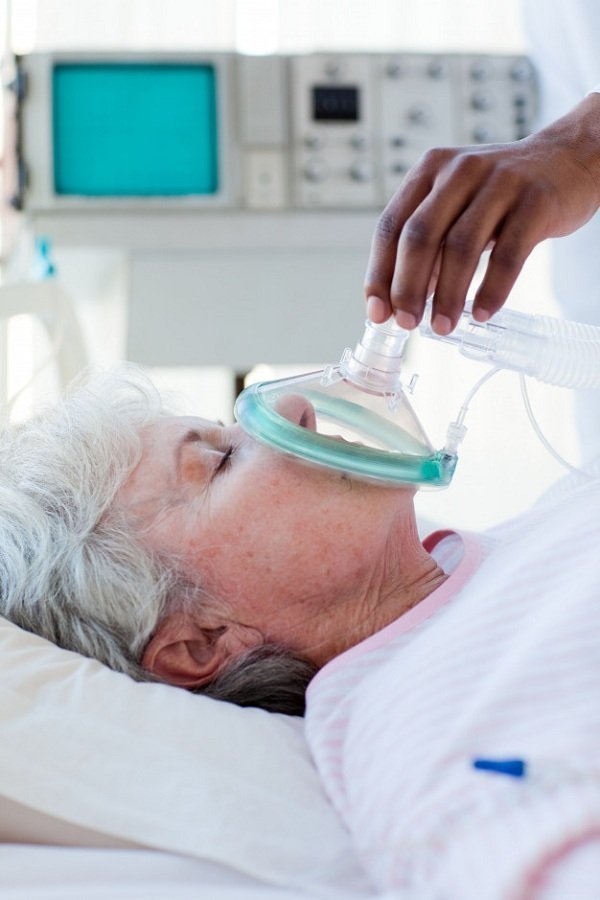
8 important signs that could help identify whether you might have a heart attack soon
No one can foresee when are they going to have a heart attack, but knowing these important signs could help anyone be prepared when the time comes.
Although doctors and pharmaceutical companies work really hard to find cures for the most troublemaking diseases in the world, the best cure is prevention.
A lot of diseases and health conditions are genetic, so it's almost impossible to prevent those from happening, but cardiovascular diseases can be well prevented.
According to Providr, heart attack signals are constantly present and by not acknowledging their existence, the risk of them occurring is increased by a big margin.
There are heart attack signals that will start to bother a month before it happens. It's important to be aware of them before it's too late. Some are listed down below.

One of the most common ones is suffering from cold sweats and dizziness, as the brain cannot receive the proper blood flow required to function properly if the body has poor blood circulation.
This means that danger might be close. It is advised to seek medical attention if the cold sweats and dizziness do not subside soon enough.
Another sign would be suffering from chest pressure, being the most noticeable of them all. This condition, called angina, occurs when the heart is not getting enough oxygen-rich blood.
Many people will ignore it, thinking that it's just indigestion, but feeling constant pressure in the chest area is a direct sign that a heart attack may occur.

Although this is harder to spot, feeling weak is another sign to be aware of. Experiencing nausea or jaw pain is not normal and it might be a sign of a heart attack coming.
This is mainly caused by arteries thickness. When the arteries become narrow, there is no longer proper blood flow throughout the body, and if the heart does not get sufficient blood, it will fail.
Another sign would be feeling flu-like symptoms. This may include fever, fatigue and chest pain, and could last between 2 to 10 days.
Not every flu is heart attack warning material, but monitoring these symptoms every time is mandatory to be sure that a potential heart attack is not the reason for them.

Another important one is suffering from chronic fatigue, as this is not normal at all, usually occurring when there is a large buildup of plaque in the arteries that carry the blood to-and-from the heart.
If this sole symptom shows up, it is advised to get proper medical attention sooner than later, as feeling tired or sluggish shouldn't ever be considered the norm.
Another one would be shortness of breath, as the lung is one of the organs that most suffers when a heart attack is coming.
When the lung isn't receiving enough blood, the patient won't be able to breathe enough air and the brain won't be able to receive enough oxygen.
One of the most common symptoms is insomnia. Most people that suffer from insomnia are also suffering from anxiety and depression, which can lead to high blood pressure and ultimately, lead to a heart attack.
Research has shown that depression and heart attacks have a direct correlation. It's advised to treat these conditions with the seriousness required.
Last but not least would be stomach pain, which has been proved as an early sign of a heart attack ready to come. Abdominal pains before a heart attack will leave and return in short periods of time.
It's better to be aware and prepared if any of these symptoms are presenting into your daily routine: Try to figure them out or seek medical attention if you're suspicious about them.